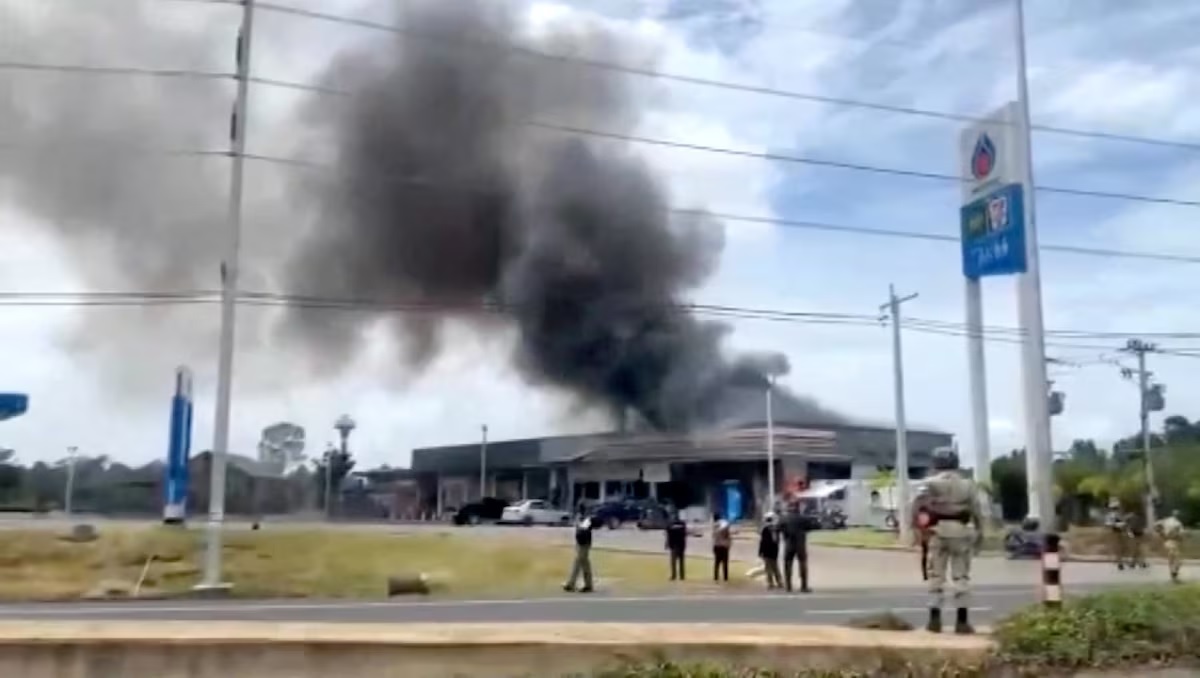Tensions between Thailand and Cambodia surged dramatically on Thursday after a Thai F-16 fighter jet bombed military targets within Cambodia, marking the deadliest escalation in a border dispute that has simmered for weeks. Of the six F-16s positioned by Thailand along the frontier, one launched a strike into Cambodian territory, destroying what the Thai army identified as a military installation. The raid came as both nations exchanged accusations regarding who triggered the fresh round of violence early that morning.
Civilian Casualties and Diplomatic Fallout
The immediate aftermath proved devastating for civilians. According to Thailand’s health minister, at least 12 people—including 11 civilians and one Thai soldier—were killed in artillery shelling attributed to Cambodian forces, while over 30 others were injured. Thailand alleges that Cambodian artillery and rockets targeted civilian areas, including homes and a hospital. Cambodia, however, insists that the Thai airstrike involved jets dropping bombs on a public road, describing the act as a “reckless and brutal military aggression” that violated Cambodia’s sovereignty.
The violence forced the evacuation of tens of thousands residing near the conflict zones, and Thailand sealed all border crossings with Cambodia. Amid the clashes, residents from Thai provinces bordering the disputed region sought refuge in concrete shelters reinforced with sandbags as fighting raged in at least six border locations.
Diplomatic Relations Plunge
The fighting came on the heels of a rapid deterioration in diplomatic ties. Thailand had abruptly withdrawn its ambassador from Phnom Penh and announced the expulsion of Cambodia’s envoy in Bangkok late Wednesday, citing the injury of another Thai soldier by a landmine allegedly planted by Cambodian forces. Shortly thereafter, Cambodia retaliated by expelling Thailand’s ambassador and recalling its staff from Bangkok.
Both militaries issued strongly worded statements blaming each other for the escalation and threatening further defensive action should violence continue. Cambodia asserted a right to self-defense, while Thailand condemned attacks on civilians and warned it would intensify its measures if provoked further.
Calls for De-escalation from Regional Leaders
The crisis drew swift concern from regional and international actors. Malaysian Prime Minister Anwar Ibrahim, the incumbent ASEAN chair, called for urgent calm and dialogue, pledging to engage directly with leaders from both Thailand and Cambodia to mediate the dispute. China also publicly urged both sides to restrain from further escalation and offered to play a constructive role in promoting dialogue and de-escalation, reinforcing the importance of resolving differences through diplomatic channels.
The situation near ancient temples and long-disputed territory remains tense, with the potential for further violence unless outside mediation proves successful. The border dispute, which has periodically flared over the decades, now represents one of Southeast Asia’s most dangerous flashpoints.














